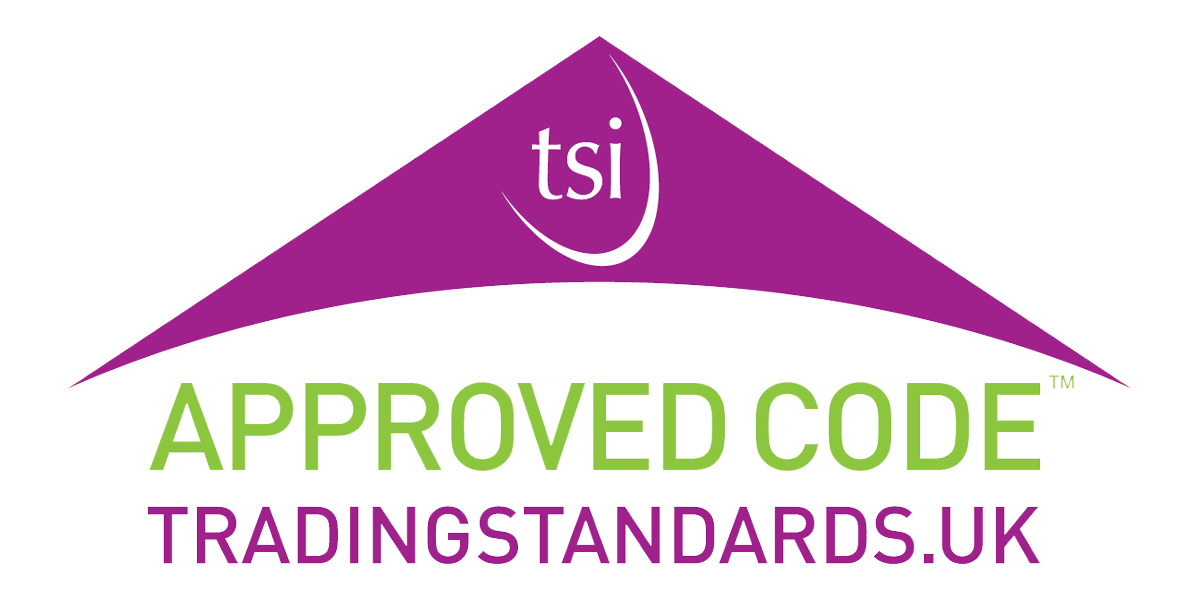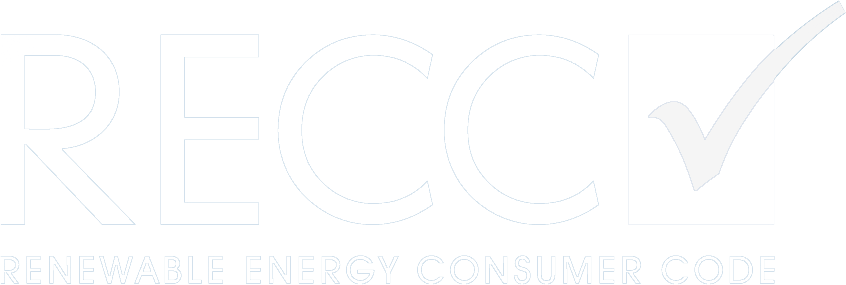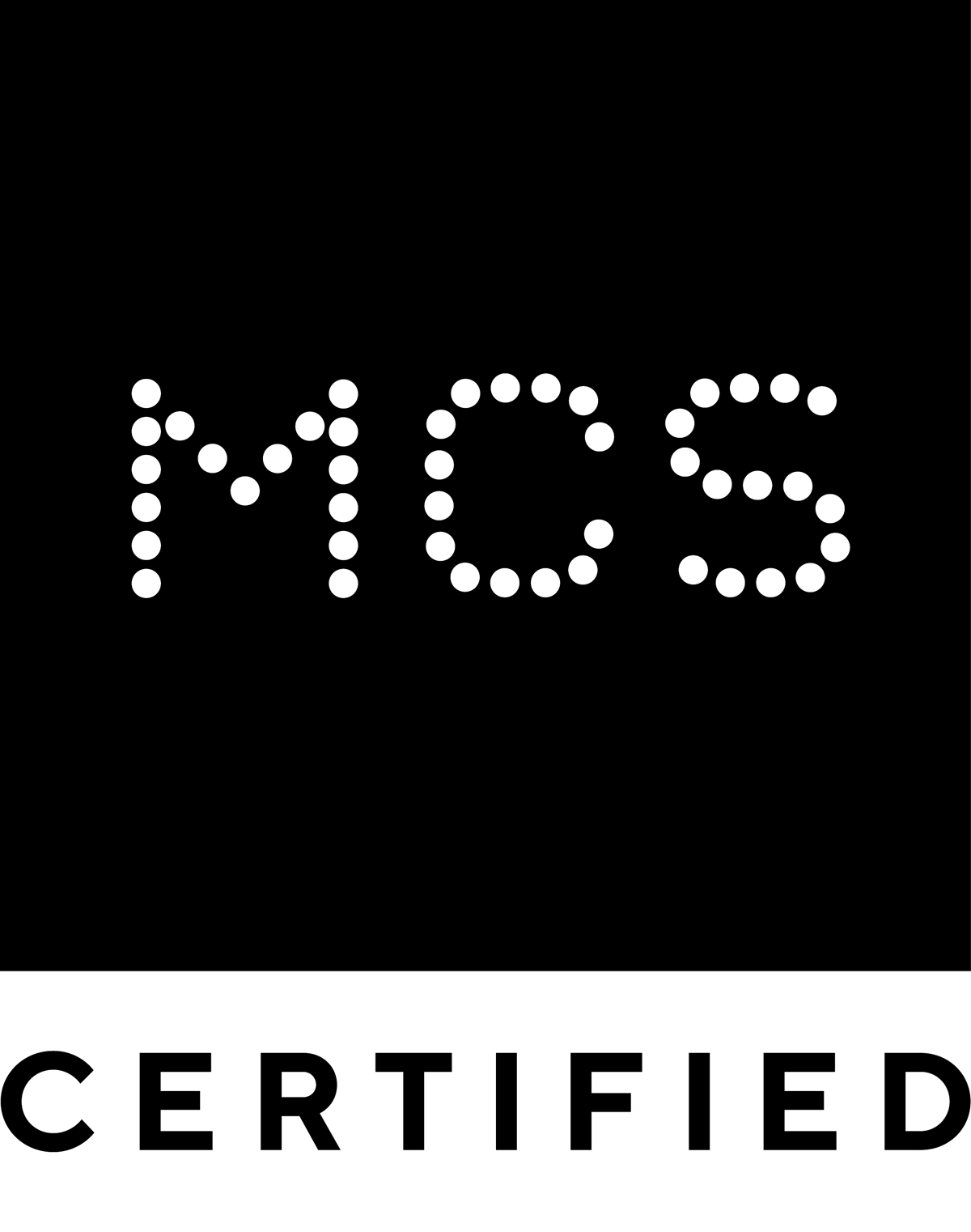Investing in solar panels is a great way to reduce your energy bills and carbon footprint. However, with so many options available, selecting the right system for your property can be overwhelming. Here’s a guide to help you choose the best solar panels for your needs.
1. Understand Your Energy Needs
Before purchasing solar panels, assess your energy consumption. Reviewing your past electricity bills will help you determine how much power you need to generate. If you plan to add battery storage, consider how much excess energy you’d like to store for later use.
2. Choose the Right Type of Solar Panel
There are three main types of solar panels:
- Monocrystalline Panels – Highly efficient and space-saving, these panels perform well in low-light conditions but tend to be more expensive.
- Polycrystalline Panels – More affordable but slightly less efficient than monocrystalline panels.
- Thin-Film Panels – Lightweight and flexible, making them ideal for certain applications, though they generally have lower efficiency and require more space.
3. Consider Roof Suitability and Space
Your roof’s size, orientation, and shading will impact the efficiency of your solar panels. South-facing roofs receive the most sunlight, but east- and west-facing installations can also work well. Ensure your roof is in good condition before installation to avoid additional repair costs.
4. Check Efficiency and Warranty
Solar panel efficiency determines how much sunlight is converted into electricity. Higher efficiency panels generate more power in a smaller space, making them ideal for homes with limited roof space. Additionally, look for panels with long-term warranties (typically 20-25 years) to ensure reliability and performance over time.
5. Look for Certifications and Quality Standards
Choosing panels that meet industry certifications, such as the MCS (Microgeneration Certification Scheme), ensures they meet quality and performance standards. MCS-certified panels also make you eligible for incentives like the Smart Export Guarantee (SEG), allowing you to earn money from excess energy fed back into the grid.
6. Compare Costs and Return on Investment
While higher efficiency panels cost more upfront, they may offer better long-term savings by generating more energy. Consider your budget, available incentives, and how quickly your system will pay for itself through reduced electricity bills and SEG payments.
Final Thoughts
Selecting the right solar panels involves balancing efficiency, cost, and property suitability. By understanding your energy needs, choosing quality-certified panels, and ensuring proper installation, you can maximise the benefits of solar power. If you need expert advice, contact our team for a tailored solar PV solution that meets your needs.






